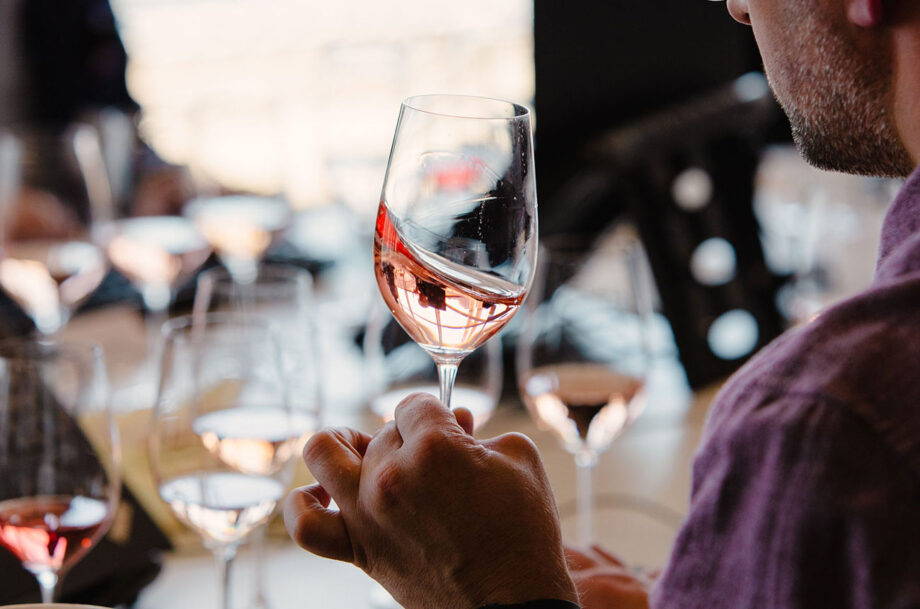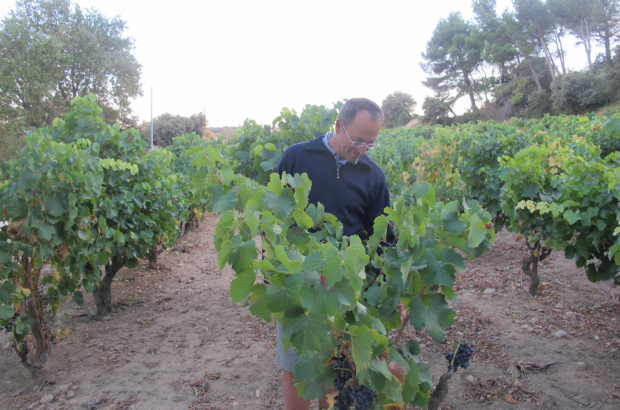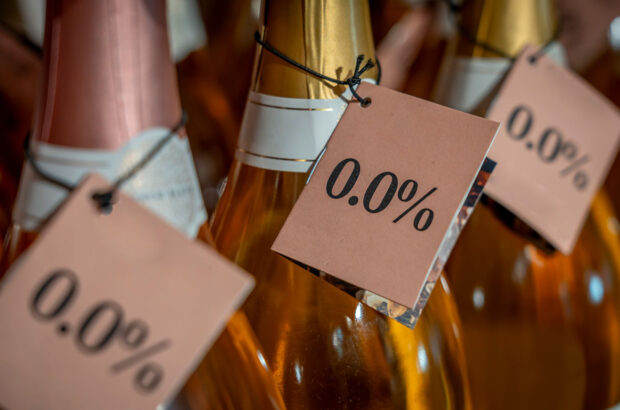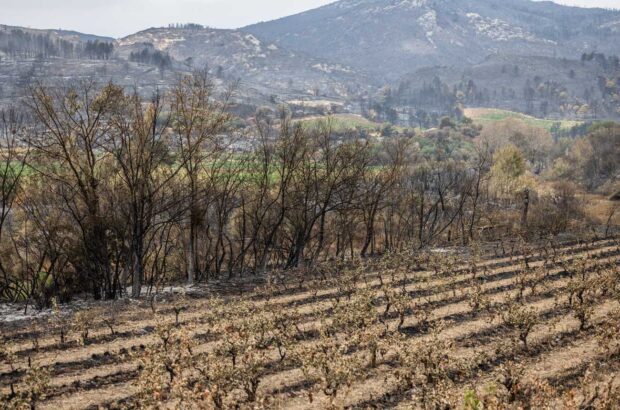Viticulture is heavily reliant on natural resources, while also being at the whim of the weather, and climate change is bringing increasing challenges to both wine-growers and winemakers.
Their imperative is not only to adapt to these changes, but also to find ways of improving the sustainability of their operations and generally reducing their negative impact. But sustainability isn’t just about the environment. It’s also about preserving both social and economic resources for the future.
Scroll down to discover 6 sustainable wines from DWWA 2025
The wines highlighted below, all of which scored 96 points or above, went through a rigorous selection process. Any claims of sustainability credentials made upon entry into the Decanter World Wine Awards were evaluated and verified with the help of Positive Impact Concept, a company that analyses a winery’s sustainability status and offers solutions and advice on how it can improve its processes and move towards a circular economy.
The wines selected fall into six broad areas, covering both environmental and social sustainability, although many of the producers are making strides across all sectors.
Soil health & vineyard as ecosystem
Antiyal, Viñedo Escorial Organic Carmenère, Maipo, Chile 2020
 Platinum, 97 points
Platinum, 97 points
Soils represent ecosystems in their own right, and awareness is increasing of the importance to long-term vineyard health and productivity of maintaining healthy ‘living’ soils. Alvaro Espinoza, owner and winemaker of Antiyal, is one of the pioneers of biodynamic farming in Chile. This agricultural practice puts strict limitations on chemical usage and sees the vineyard as part of a wider ecosystem, working with natural cycles and using natural preparations to promote plant and soil health. Espinoza’s son Clemente says: ‘We are not only focused on protecting soil and microorganisms from toxic products, such as herbicides or fungicides, but we also improve soil quality by adding our compost and having our animals living among the vineyards.’
Water
Graham’s, Quinta dos Malvedos, Single Quinta Vintage Port, Portugal 2018

Platinum, 97 points
Symington Family Estates, owner of Graham’s Port, is widely recognised for the meaningful actions it is taking in response to the climate emergency. In the dry, hot climate of the Douro valley, water scarcity is a serious concern. Symington has implemented comprehensive water management systems and has set goals for reducing water use, both in the vineyards and inside the winery. New technology enables the collection of moisture data from both the soil and the vines to determine exactly how much and when to irrigate, only doing so when the crop is likely to be entirely fatally compromised without the addition of water, never simply to boost the crop size.
Energy
Cape Mentelle, Heritage Shiraz, Margaret River, Western Australia, Australia 2023

Platinum, 97 points
Reducing energy consumption and transitioning to renewable energy sources such as solar panels, wind turbines and electric vehicles is crucial for cutting carbon emissions. Cape Mentelle produces 8% of its own energy via solar panels, and since 2024, all of the energy it buys comes from renewable sources. It has also installed an electric vehicle charging station on site so visitors can recharge while they’re enjoying the cellar door facilities.
Biodiversity
Arillo in Terrabianca, Vigna Terrabianca, Chianti Classico Gran Selezione, Tuscany, Italy 2020
 Gold, 96 points
Gold, 96 points
Diverse plant and animal populations are key for the overall health of vineyards. The more biodiverse an ecosystem, the more resilient it is to environmental stresses. In Chianti, Arillo in Terrabianca uses cover crops such as clover and beans to fix nitrogen, and rye and barley to protect the soil from erosion and to increase organic matter. Ecological corridors – strips of natural vegetation such as hedgerows, wooded margins and wild flower meadows that connect different habitats across the estate – allow animals to move freely, helping to maintain genetic diversity and strengthen the overall ecosystem. Plots of vines and olive trees grow side by side and large areas of woodland have been preserved. ‘This enriched environment allows us to cultivate healthier vines and, ultimately, produce higher-quality wines,’ says Alberto Fusi, the winery’s CEO.
Packaging
Château Brown, Le Colombier de Brown, Pessac-Léognan, Bordeaux, France 2022

Platinum, 97 points
Packaging, in particular the production and transport of glass bottles, is one of the wine industry’s biggest sources of carbon dioxide emissions. Reducing the weight of wine bottles is one way that all wineries, regardless of region, size or means, could – and should – be reducing their emissions. In 2015, Bordeaux’s Château Brown cut 30g off the bottle weight for its second wines. ‘For several years now, in the face of accelerating and intensifying climate change, I have felt that it is urgent to reduce our carbon footprint,’ says owner Jean- Christophe Mau. This forward-thinking château, which uses no herbicides, also limits its use of chemical pesticides by encouraging natural predators: it has installed 150 nesting boxes for bats and birds, which feed on insects that can pose problems to vine heath.
People
TerraNoble, Algarrobo Pinot Noir, Casablanca Valley, Chile 2024

Gold, 96 points
It seems obvious that wineries have a responsibility for maintaining human rights standards, but it’s not always a given. For example, three people were recently convicted of human trafficking in the Champagne region, for their exploitation of more than 50 harvest workers. Investing in and supporting the individual workers and wider community upon which a winery depends is integral to preserving social resources. TerraNoble funds and hosts community events for neighbourhood groups and local health centres, such as a local entrepreneur fair, while also promoting preschool education and partnering with a local training centre and a technical college to offer internships at the winery.








